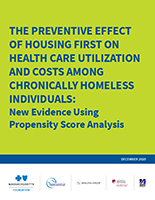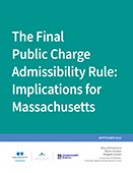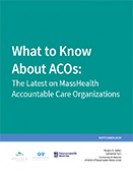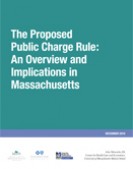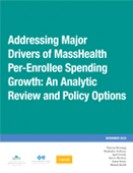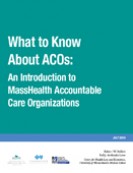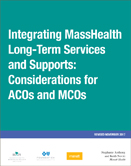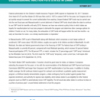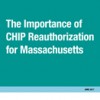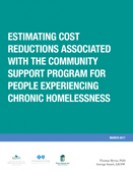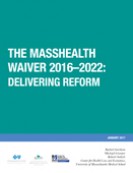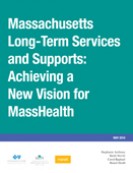Impact of the American Rescue Plan Act on the Massachusetts Health Care System
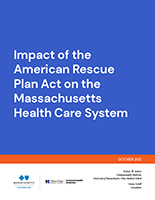
In response to the health and economic damage caused by the COVID-19 pandemic, Congress passed the American Rescue Plan Act (ARPA) in March 2021, which makes $1.9 trillion available to individuals, states and territories, counties, cities, community organizations, educational institutions, and other entities. Some funds are intended to shore up or even expand programs and agencies that have been depleted during the pandemic, while other funds are designated or available to create new programs. ARPA contains many health-related provisions, with particular focus on behavioral health services (inclusive of mental health and substance use care), the health care workforce, and programs that make health insurance coverage and health care available to more people. This summary focuses on the key components of ARPA that will affect health care in Massachusetts.

